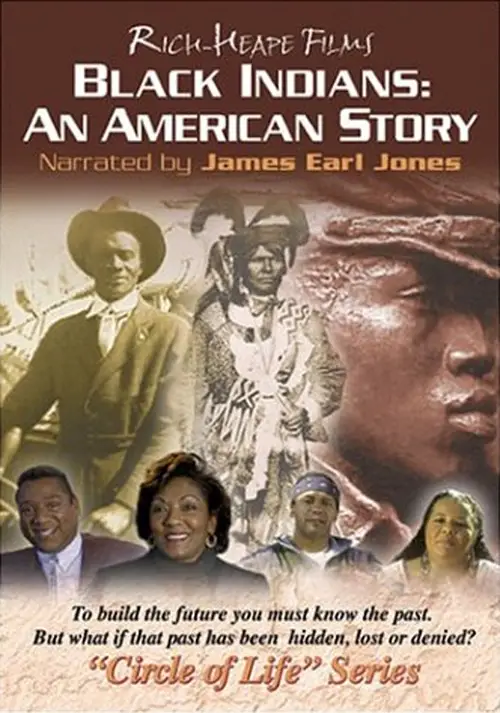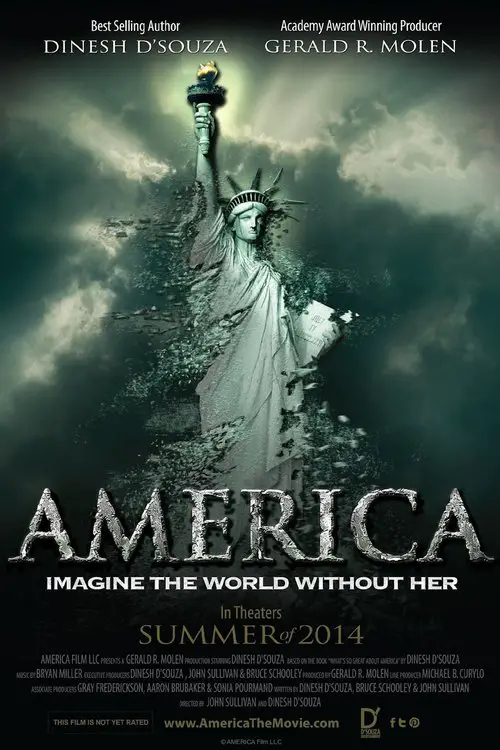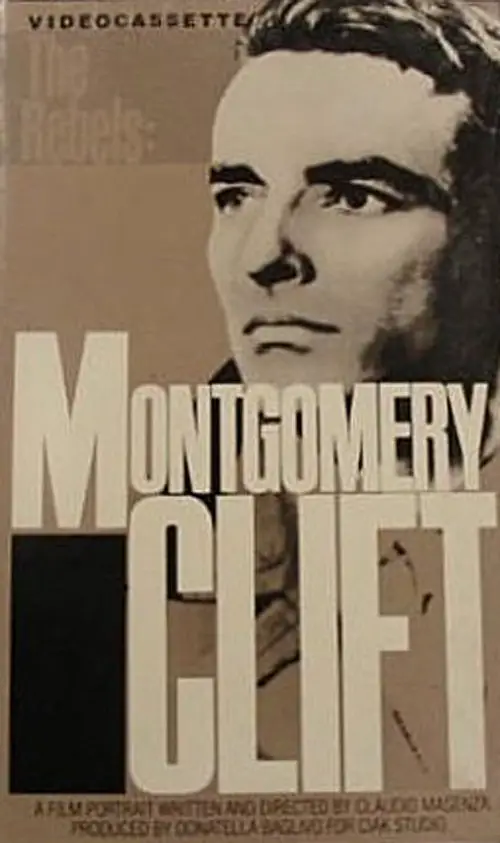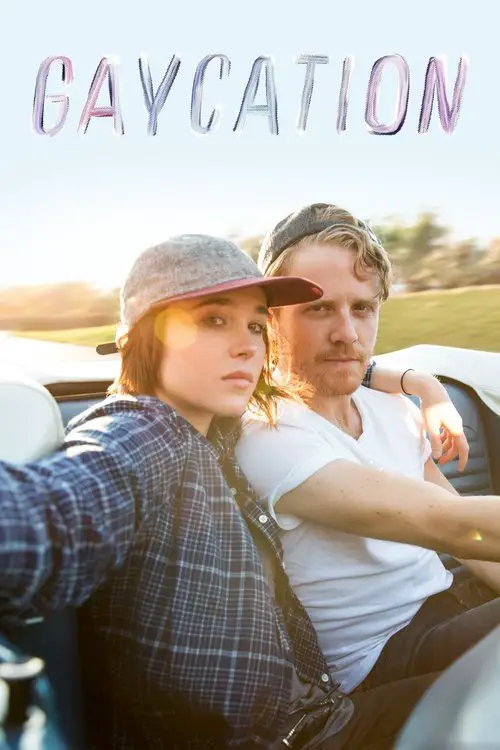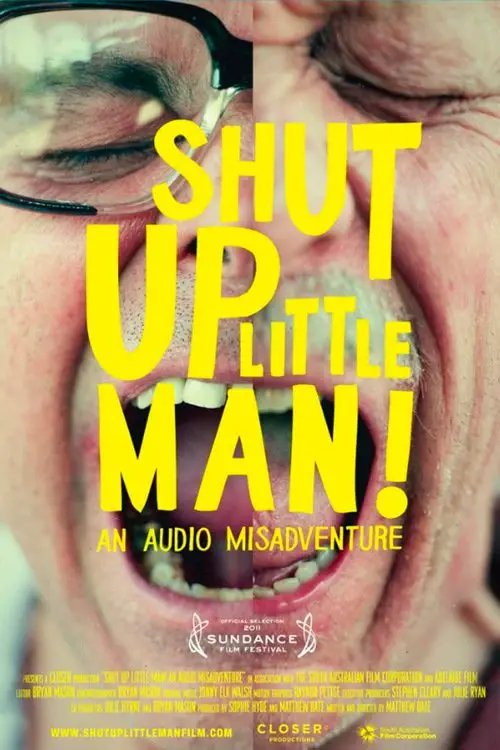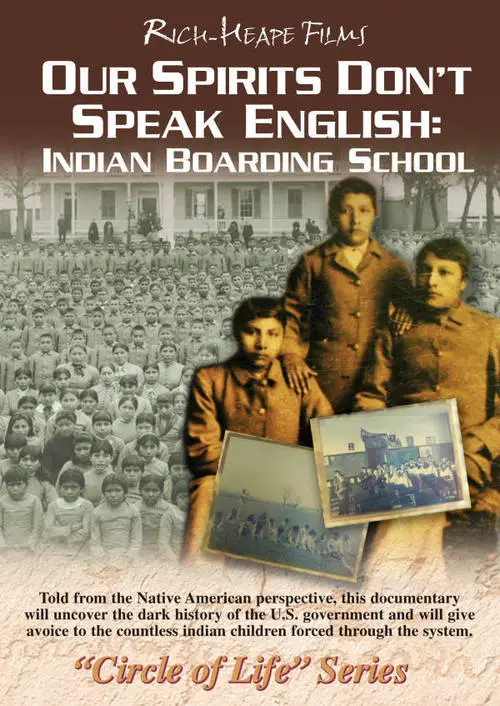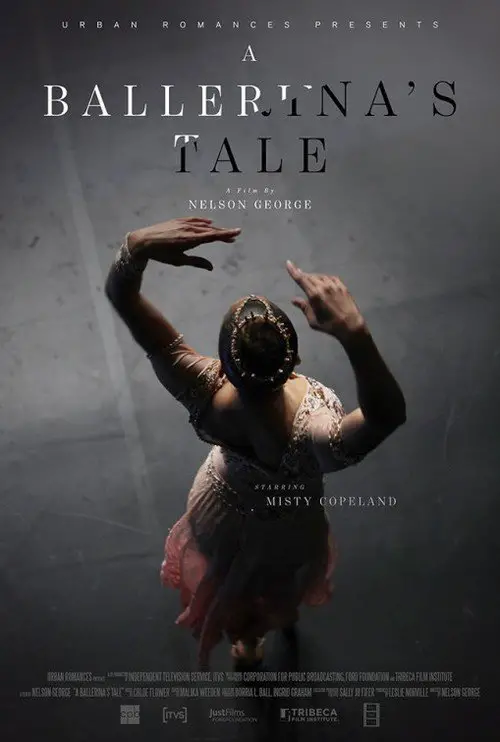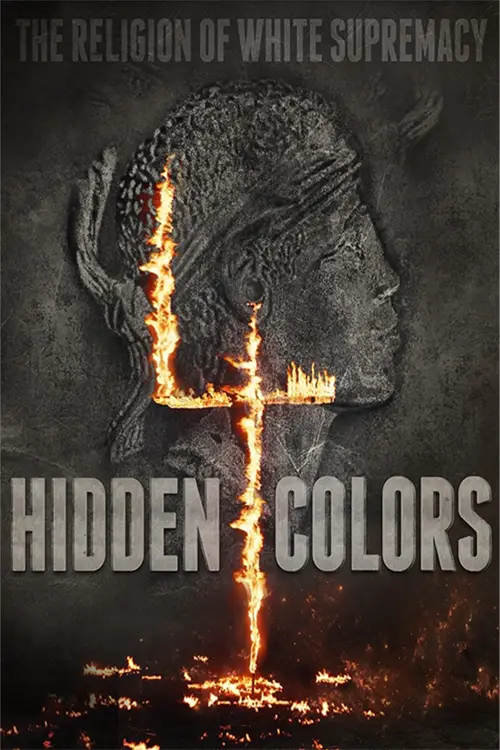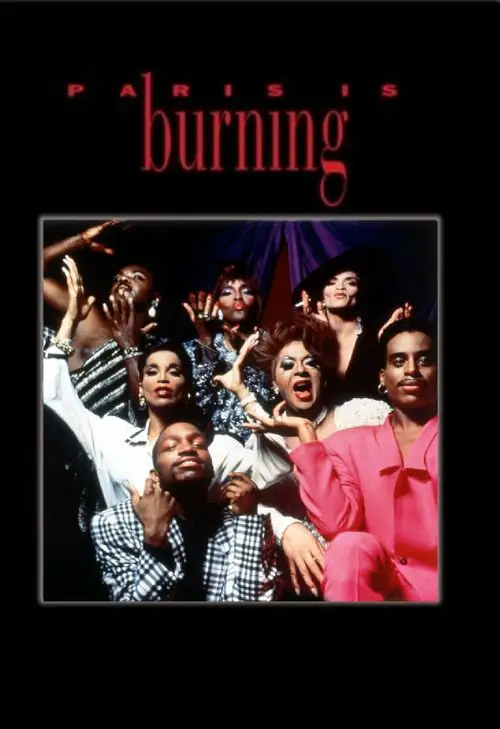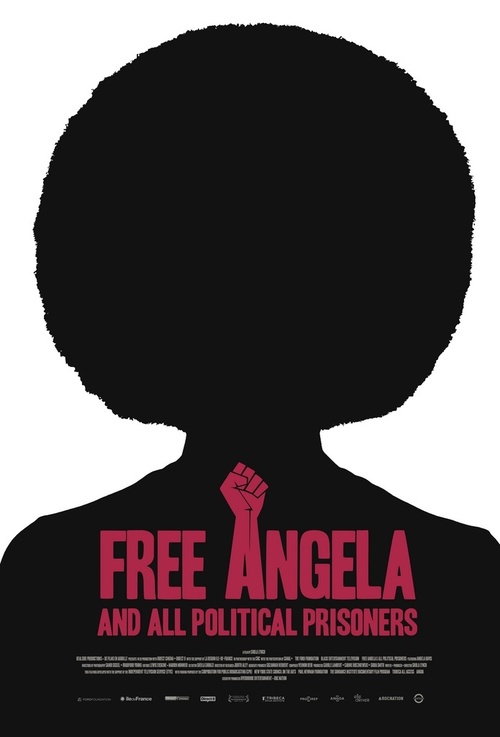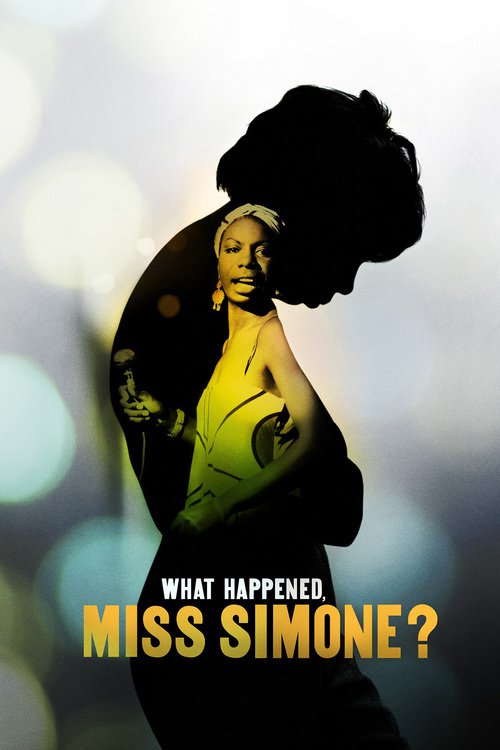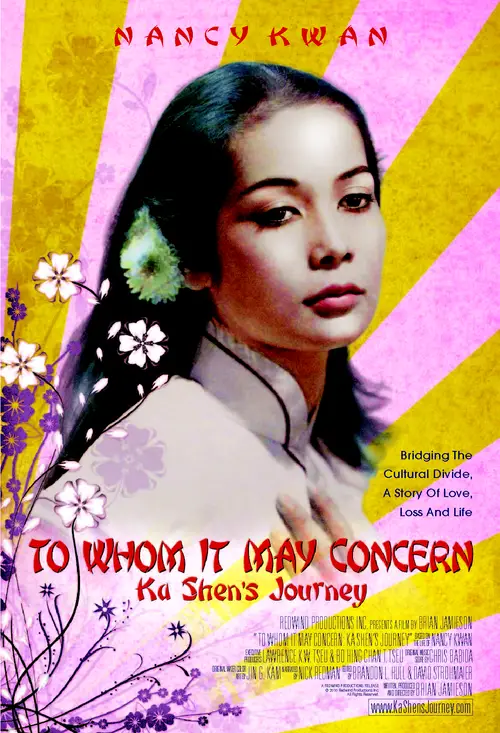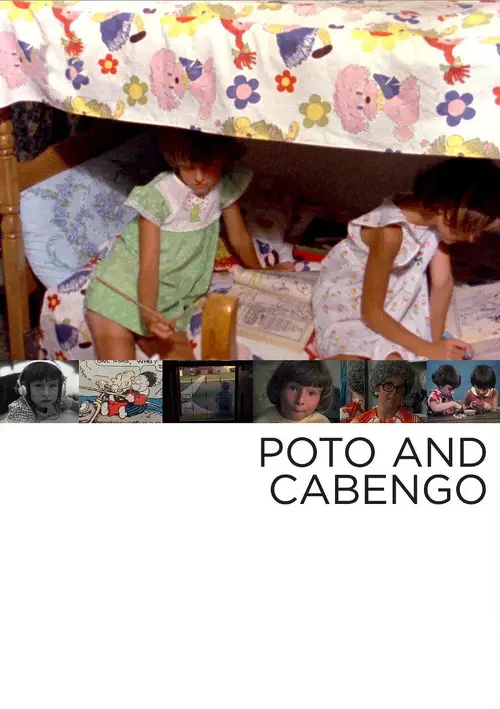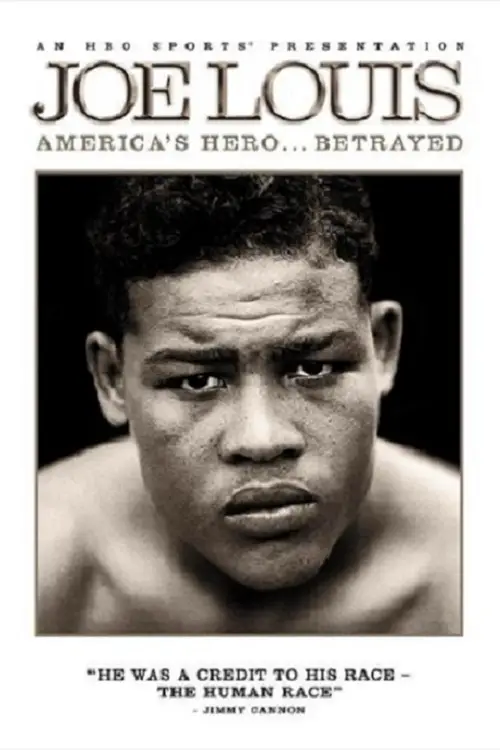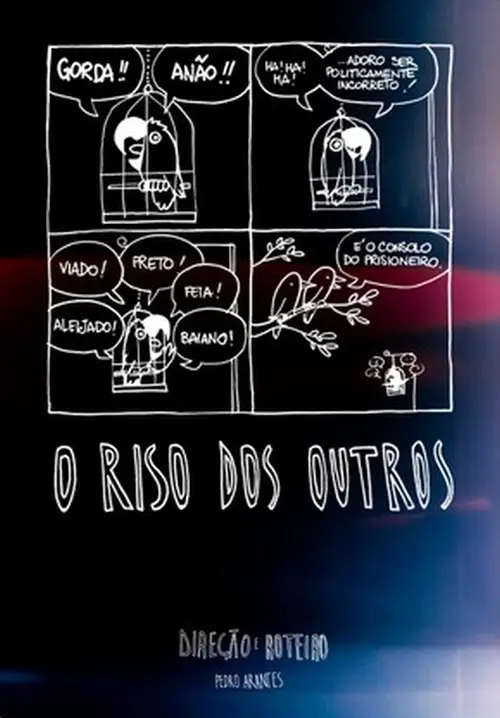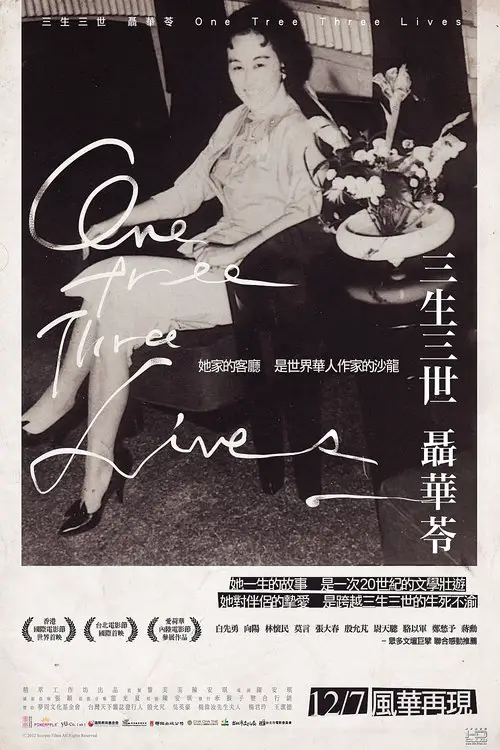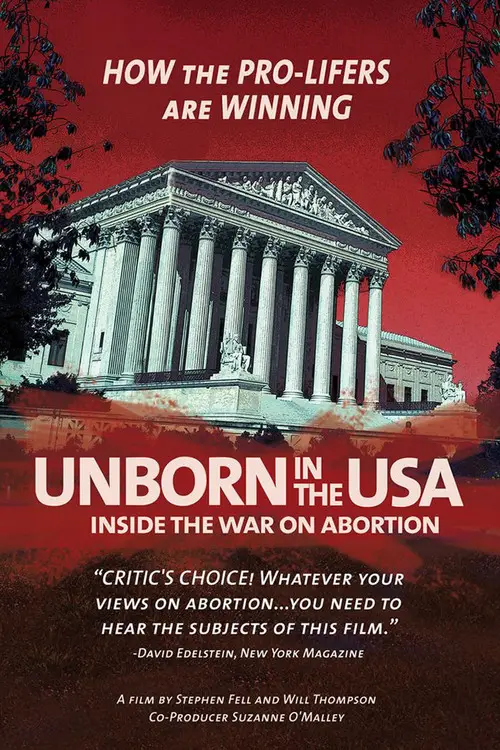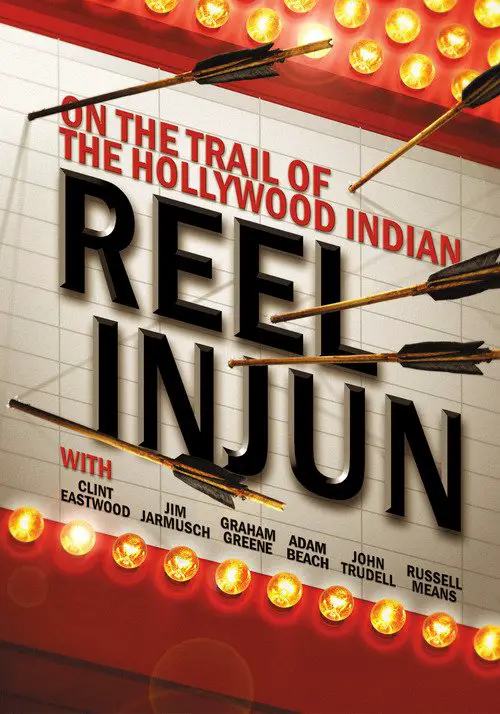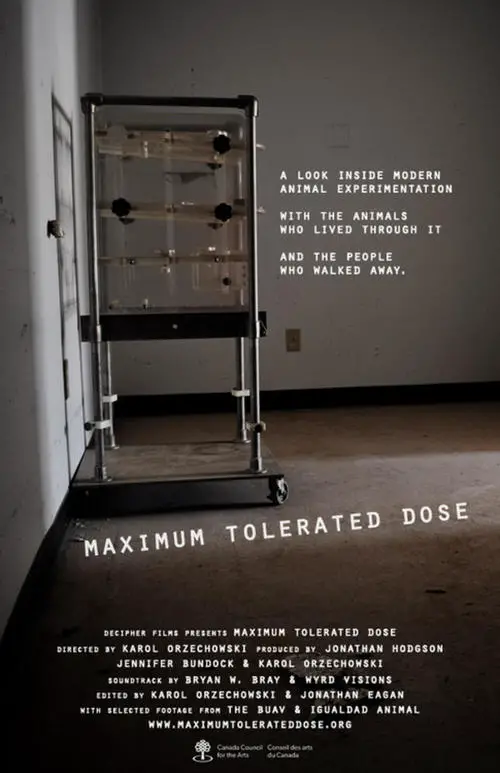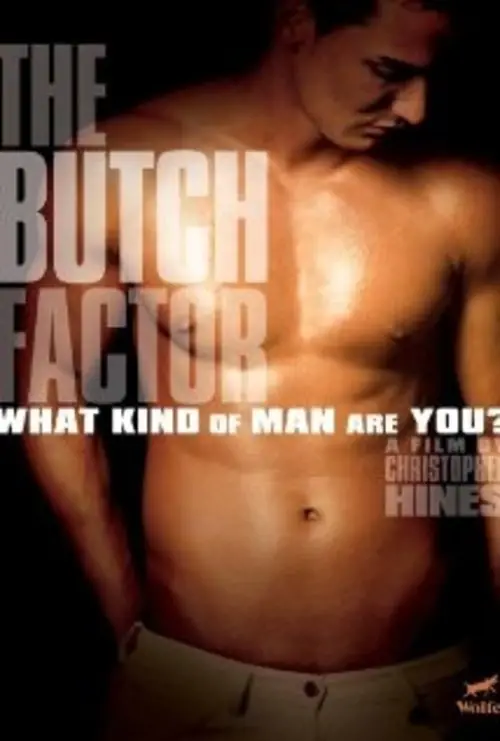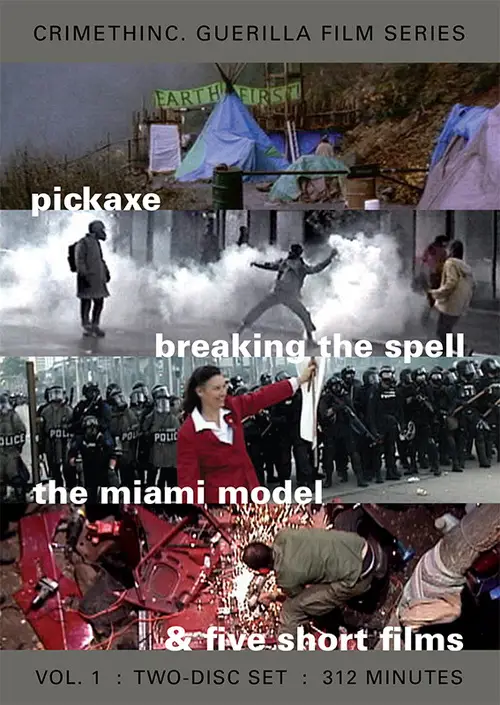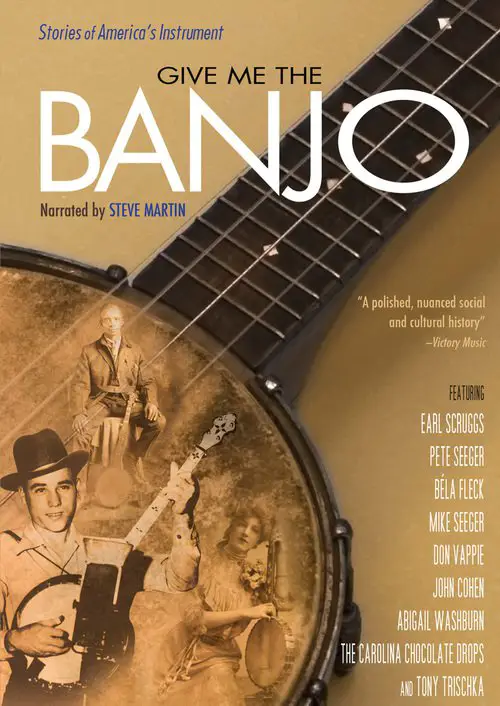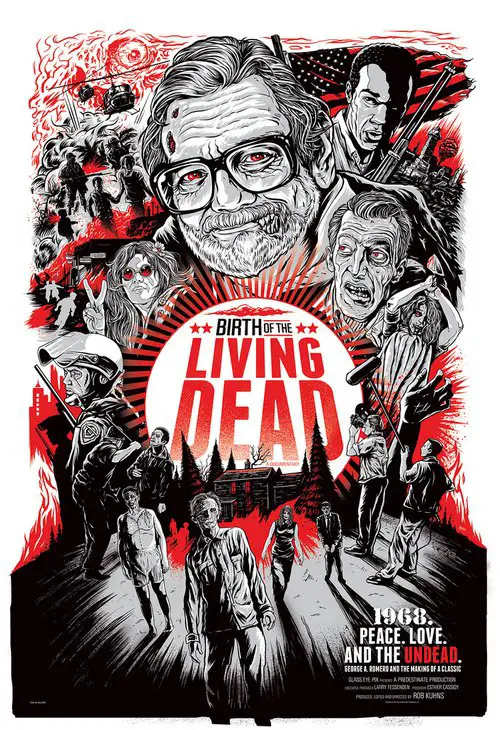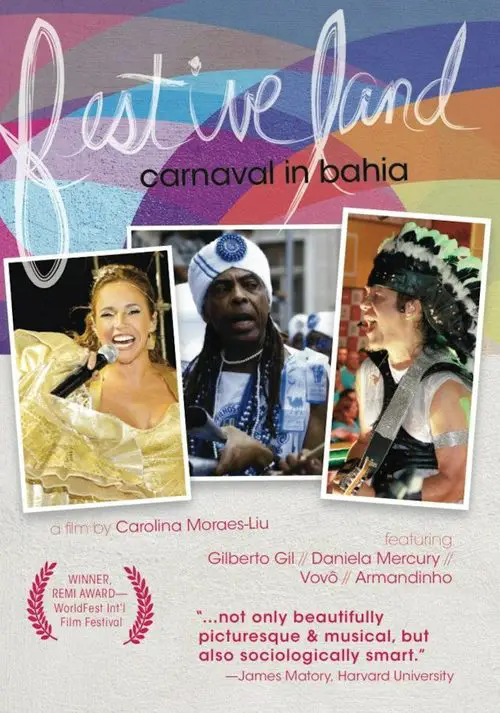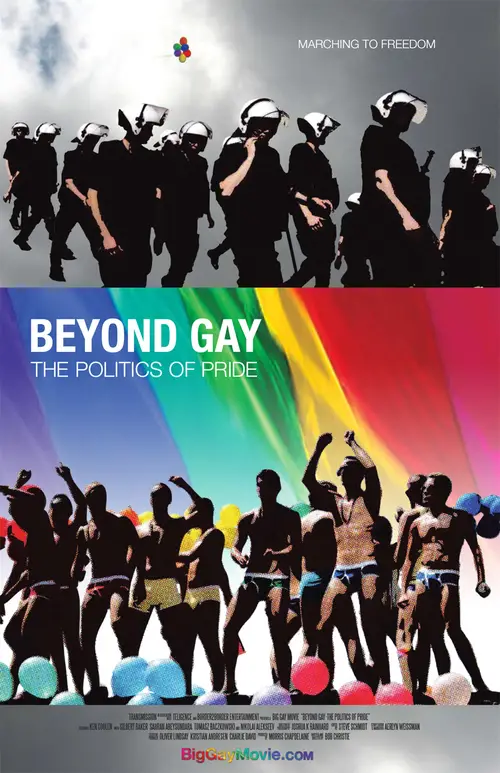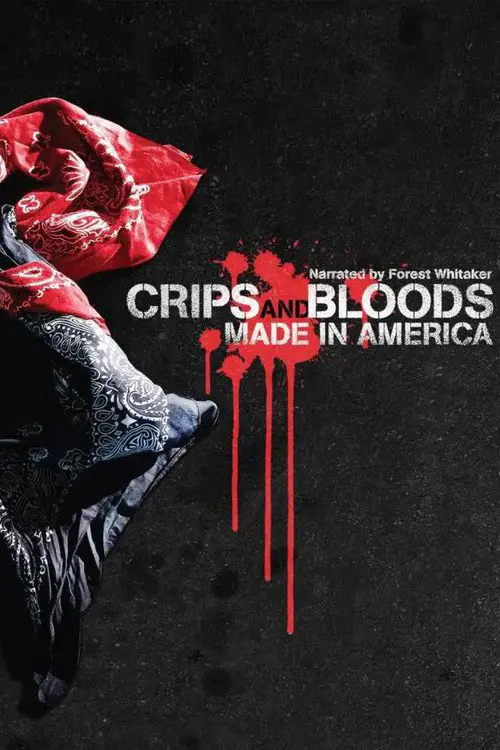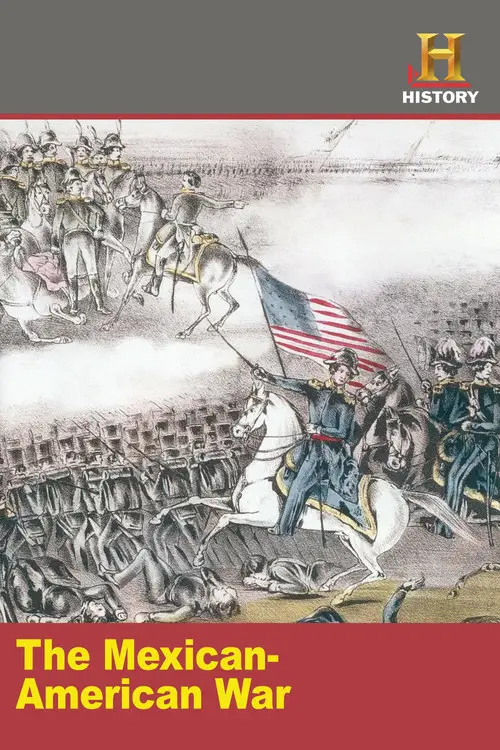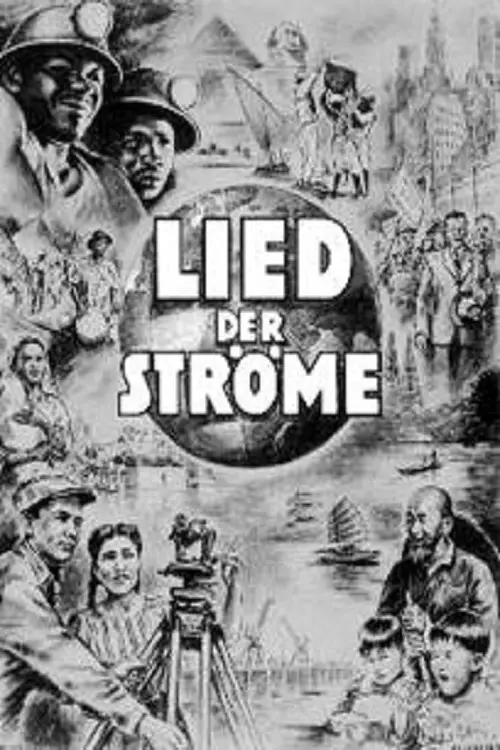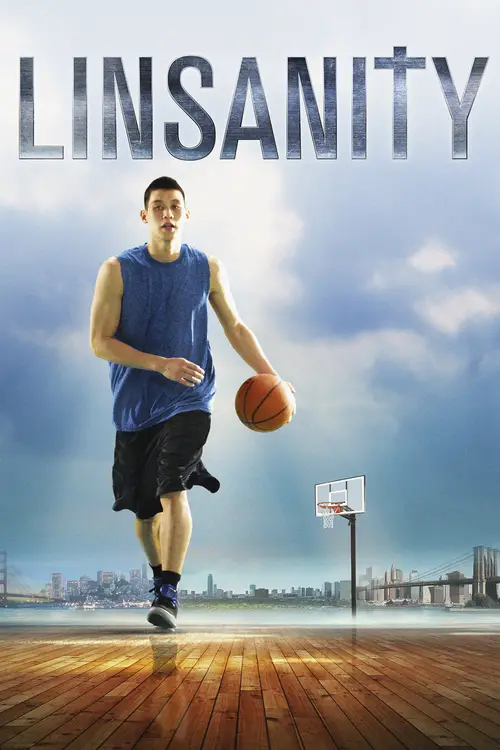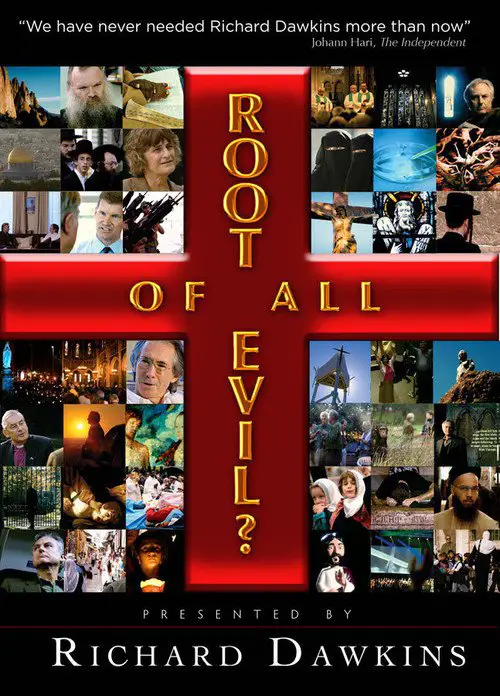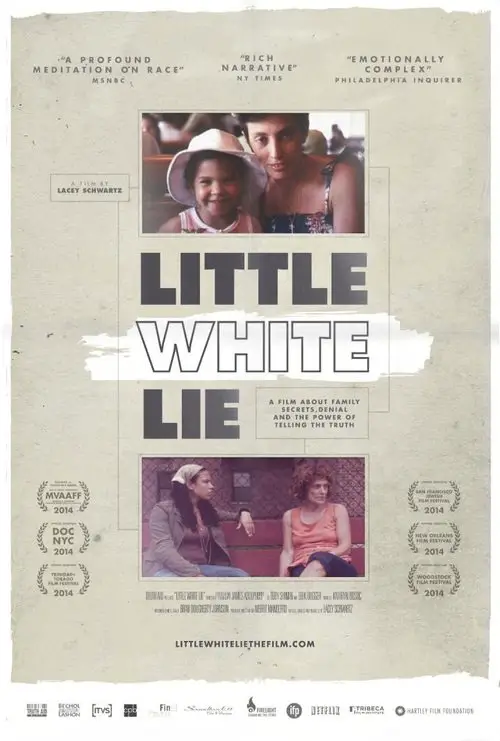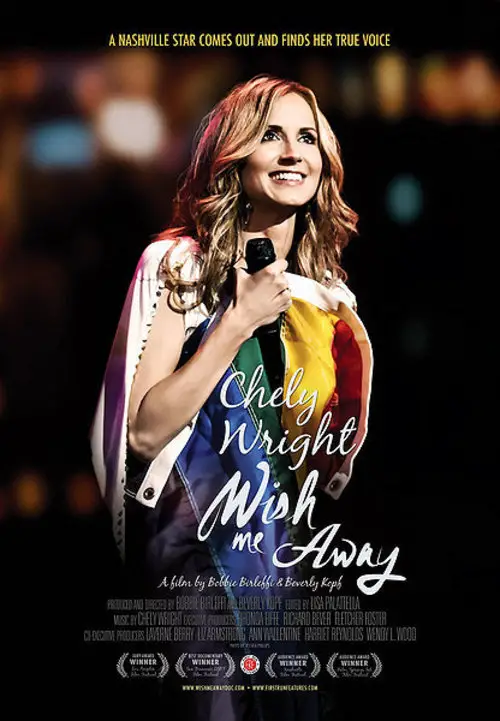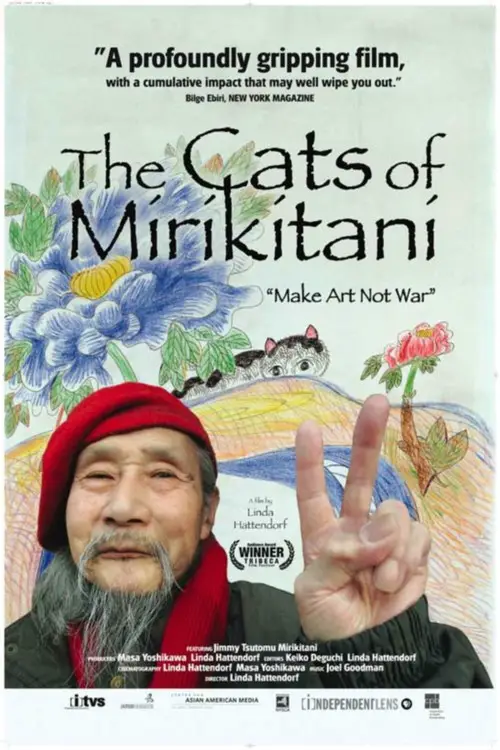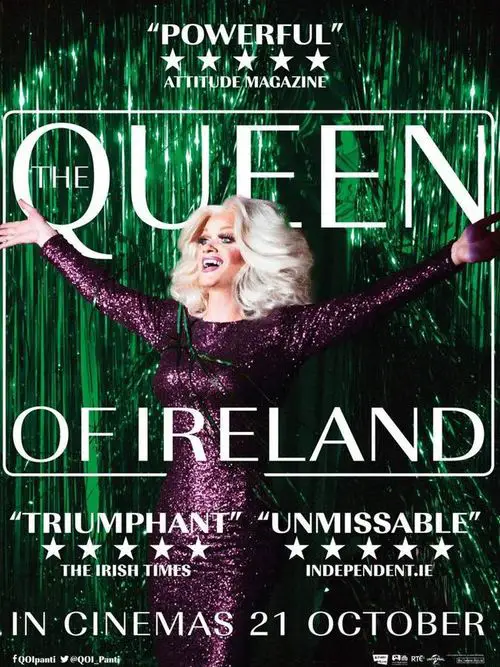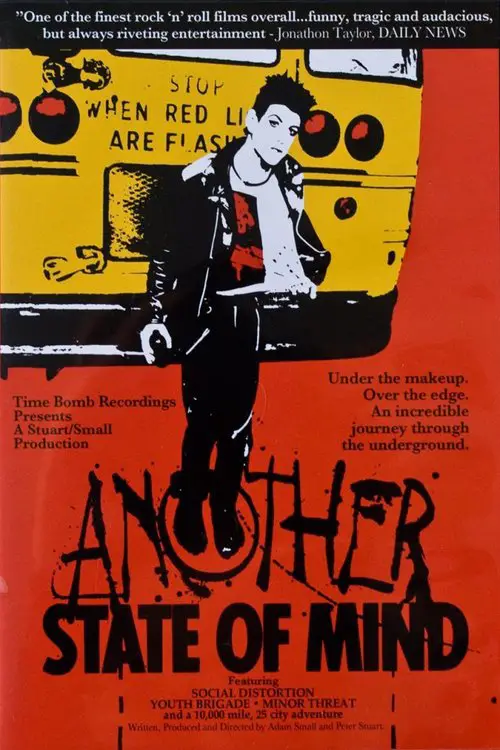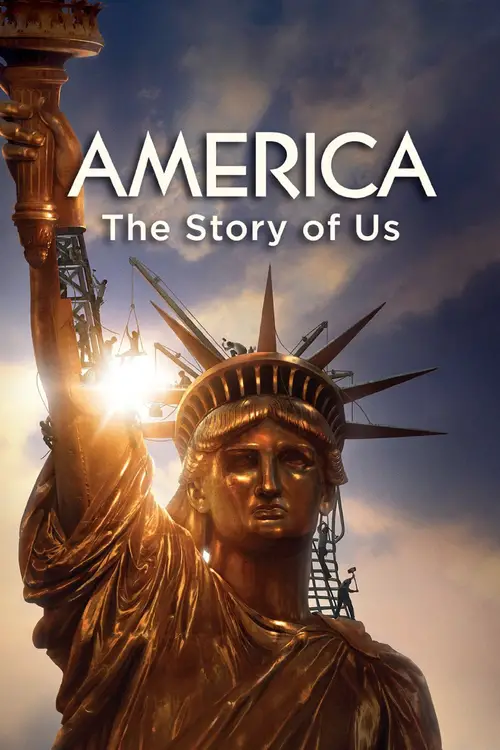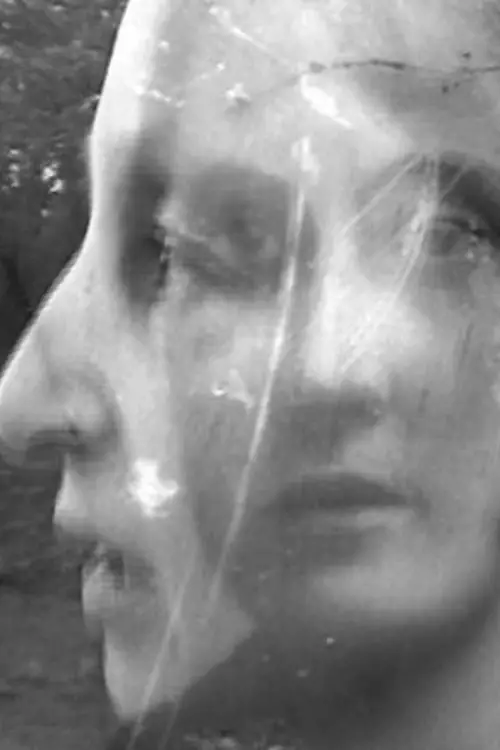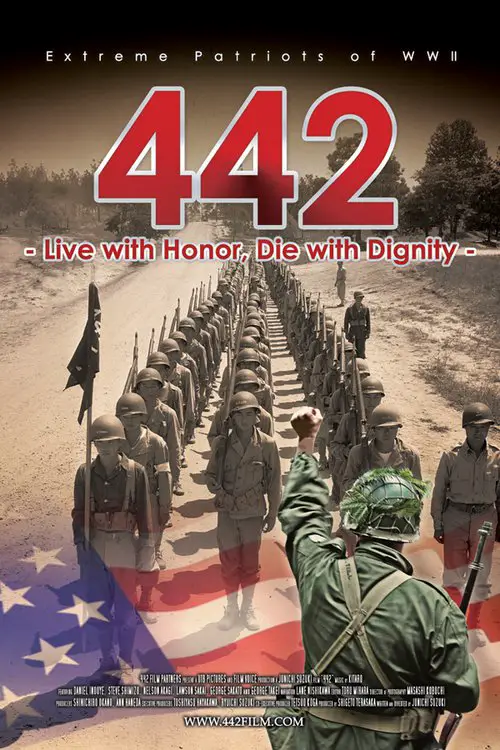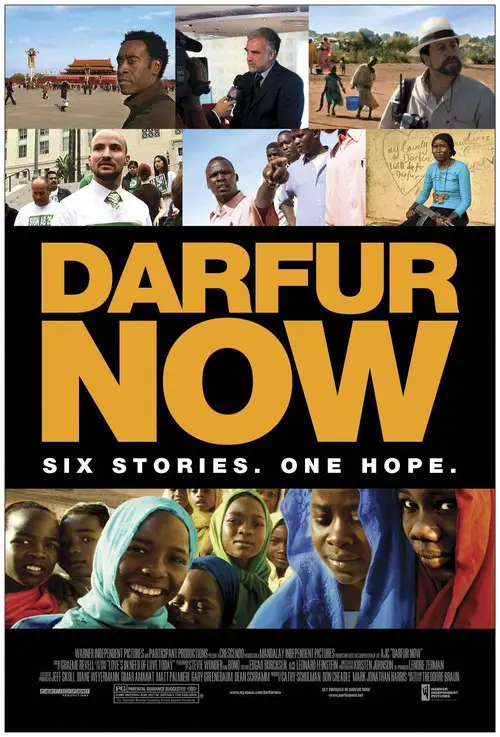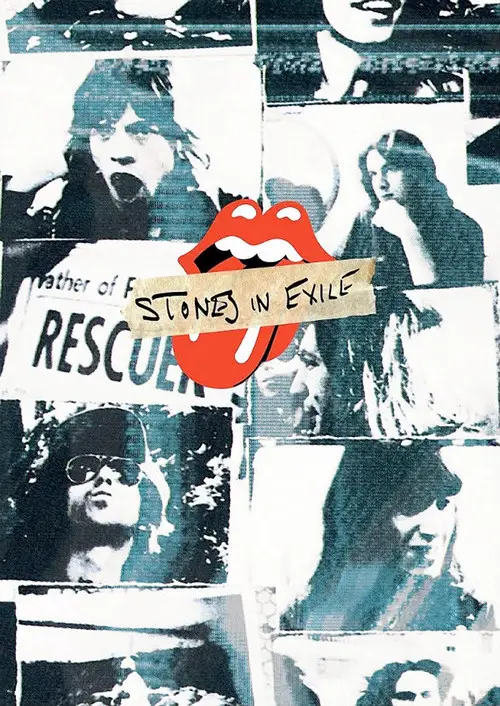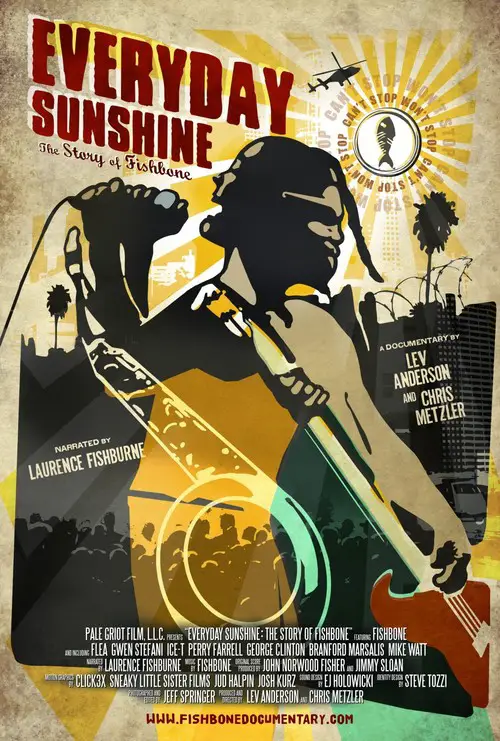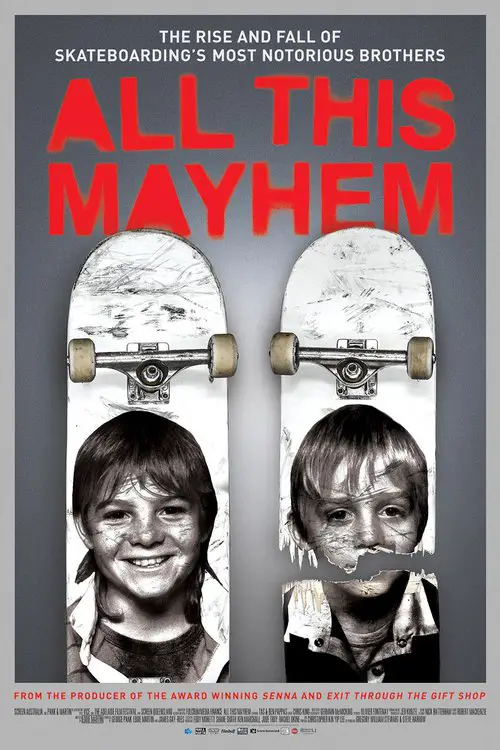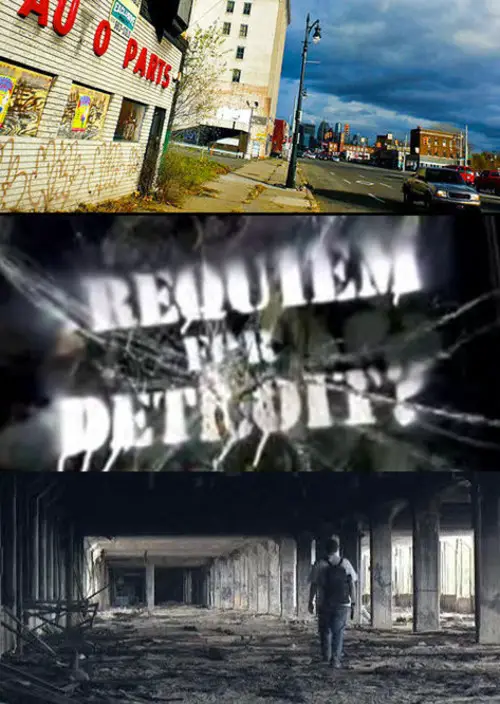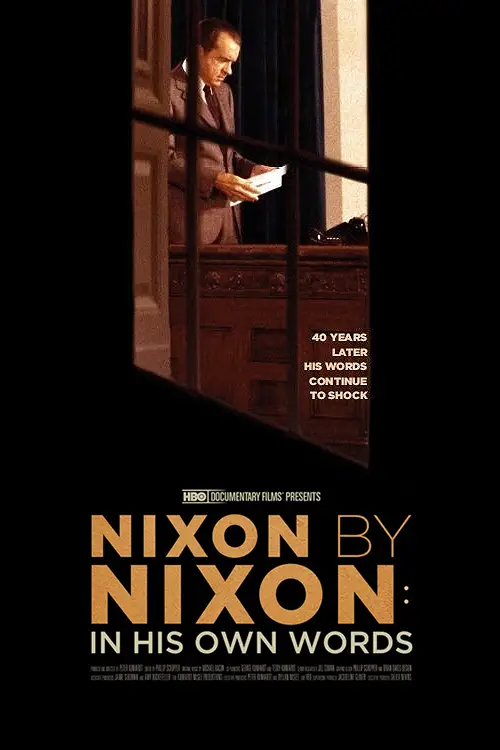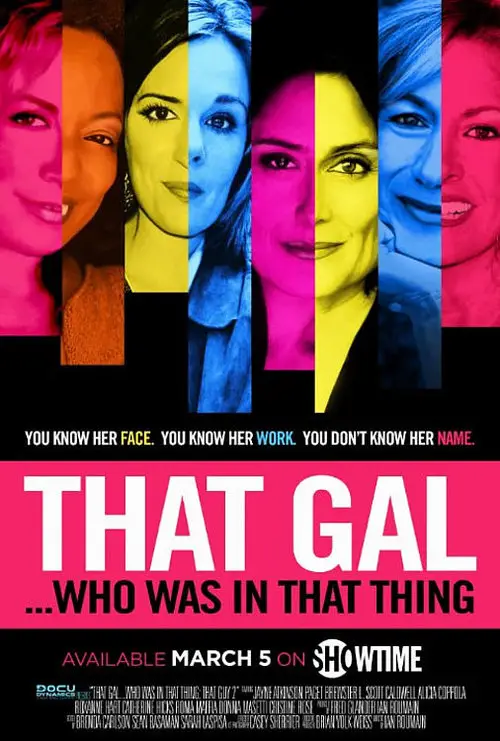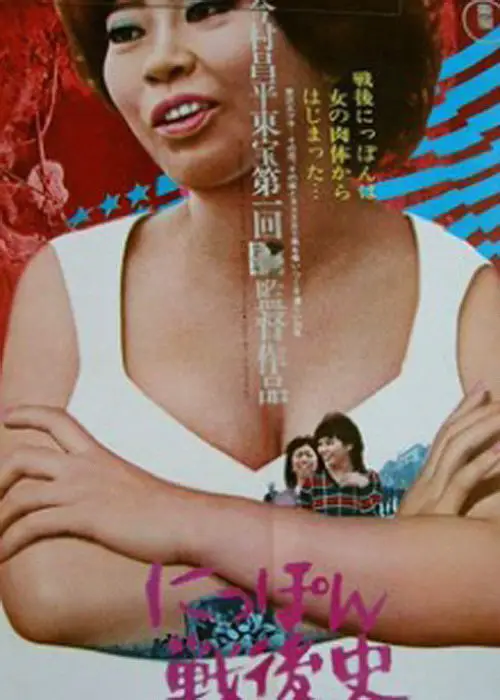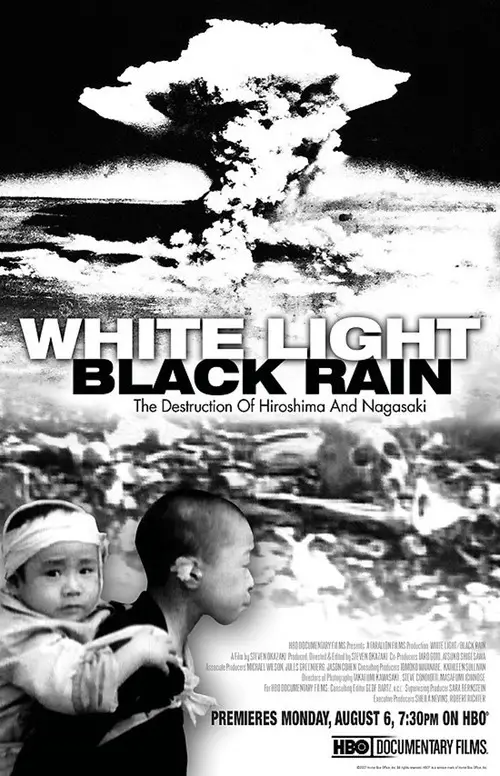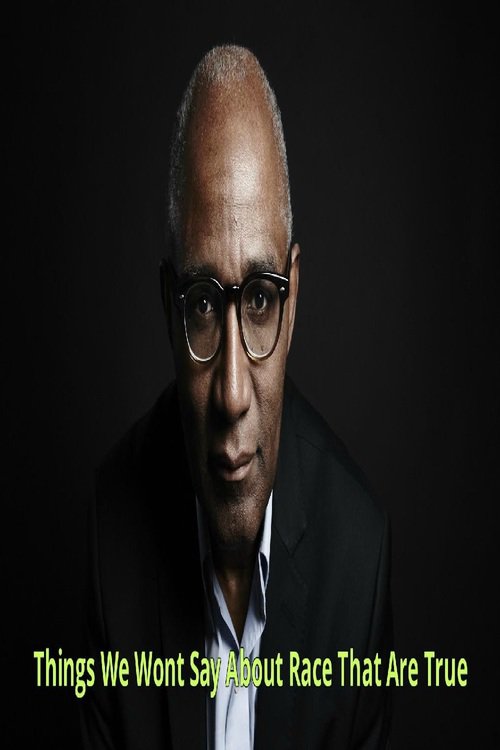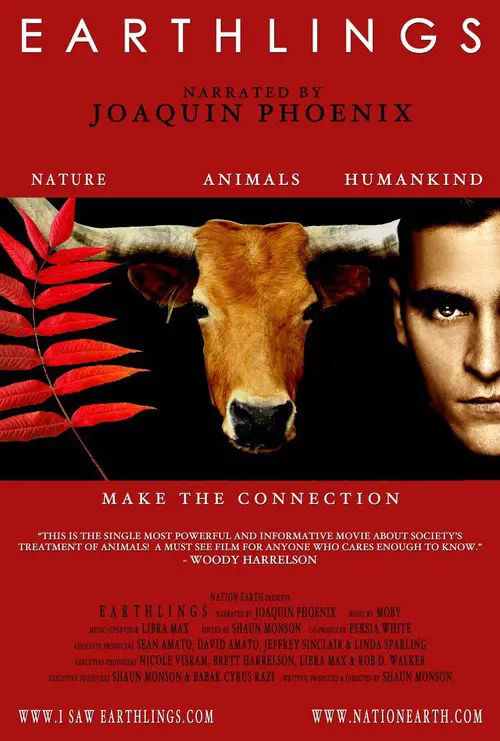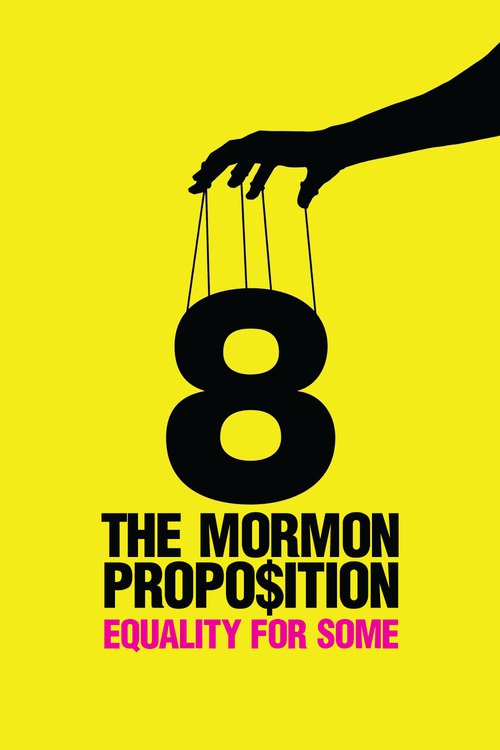The Color of Fear (1994)
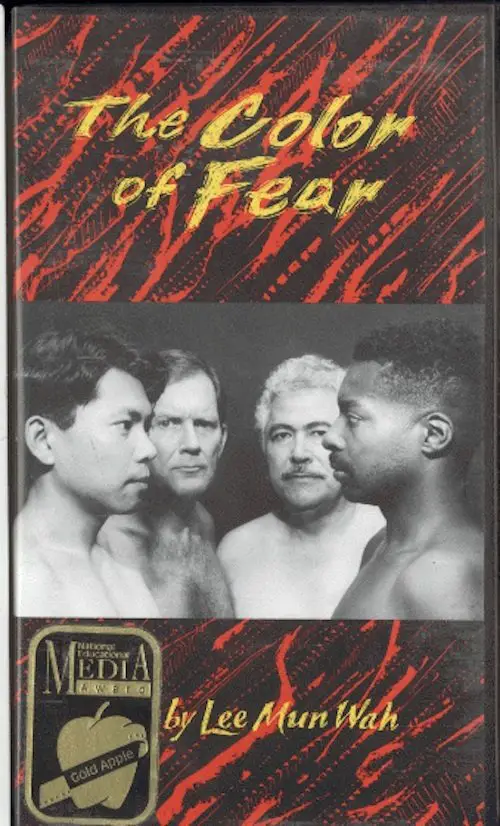
Similar movies
James Earl Jones narrates this examination of the historical relationship between American Indians and African-Americans, who often merged their cultures to work and live together while mainstream white society shunned them. Through illuminating anecdotes and interviews, descendants of fused black and Indian families discuss the complications of their mixed heritage and how their culture was largely erased on official documents.
Political commentator, author and filmmaker Dinesh D'Souza puts forth the notion that America's history is being replaced by another version in which plunder and exploitation are the defining characteristics. D'Souza also posits that the way the country understands the past will determine the future. Using historic re-enactments, D'Souza explores the lives and sacrifices of some of America's greatest heroes, including George Washington and Frederick Douglass.
In 1987, Eddie Lee Sausage and Mitch Deprey recorded the nightly squabbles of their over-the-top neighbors, homophobic Raymond Huffman and proudly gay Peter Haskett, and the chronicle of the pair's bizarre existence soon took on a life of its own. This darkly funny documentary checks in with former punks Eddie and Mitch, who detail their late-'80s Lower Haight surroundings, and surveys the tapes' influence on an array of underground artists.
From Rich-Heape Films, the award winning producers of Trail of Tears Cherokee Legacy and Black Indians An American Story and told from the Native American perspective, this documentary uncovers the dark history of the US government policy and will give a voice to the countless Indian children forced through the system. The film deals with both the schools run by Christian missionaries and those run by the United States' Bureau of Indian Affairs. It addresses the schools' role of forcing cultural assimilation of the resident children into the ways of the majority culture of European Americans.[2]
Paris Is Burning is a 1990 documentary (directeor Jennie Livingston) filmed in the mid-to-late 1980s, chronicling the ball culture of New York City and the poor, African American and Latino gay and transgendered community involved in it. Many consider Paris Is Burning to be an invaluable documentary of the end of the "Golden Age" of New York City drag balls and exploration of queer culture
In this biographical drama, Selena Quintanilla is born into a musical Mexican-American family in Texas. Her father, Abraham, realizes that his young daughter is talented and begins performing with her at small venues. She finds success and falls for her guitarist, Chris Perez, who draws the ire of her father. Seeking mainstream stardom, Selena begins recording an English-language album which, tragically, she would never complete.
Free Angela is a feature-length documentary about Angela Davis and the high stakes crime, political movement, and trial that catapults the 26 year-old newly appointed philosophy professor at the University of California at Los Angeles into a seventies revolutionary political icon. Nearly forty years later, and for the first time, Angela Davis speaks frankly about the actions that branded her as a terrorist and simultaneously spurred a worldwide political movement for her freedom.
This documentary follows two inner-city Chicago residents, Arthur Agee and William Gates, as they follow their dreams of becoming basketball superstars. Beginning at the start of their high school years, and ending almost 5 years later, as they start college, we watch the boys mature into men, still retaining their "Hoop Dreams".
An American story. Traces the career of Joe Louis (1914-1981) within the context of American racial consciousness: his difficulty getting big fights early in his career, the pride of African-Americans in his prowess, the shift of White sentiment toward Louis as Hitler came to power, Louis's patriotism during World War II, and the hounding of Louis by the IRS for the following 15 years. In his last years, he's a casino greeter, a drug user, and the occasional object of scorn for young Turks like Muhammad Ali. Appreciative comment comes from boxing scholars, Louis's son Joe Jr., friends, and icons like Maya Angelou, Dick Gregory, and Bill Cosby.
There are limits to jokes? What is the politically incorrect humor? A joke has the power to offend? It is these issues that 'Laughter of Others' discusses interviewing personalities such as comedians Danilo Gentili and Rafinha Bastos, cartoonist Laerte and Congressman Jean Wyllys, among others. The documentary delves into the world of Stand Up Comedy to discuss the fine line between comedy and offense, between legal and what creates endless lawsuits.
One Tree Three Lives, an intimate film on the novelist Hualing Nieh Engle, who has been a major influence on generations of writers in the Chinese Diaspora, and beyond. The director has known the author and her family since the Seventies. The film reveals a woman of unusual charisma, integrity and determination, and a person in continual exile. She is the author of 24 books. She also co-founded the International Writing Program in Iowa, USA, with her now deceased husband, the poet Paul Engle. One Tree Three Lives is also their love story.
Sex Positive explores the life of Richard Berkowitz, a revolutionary gay S&M hustler turned AIDS activist in the 1980s, whose incomparable contribution to the invention of safe sex has never been aptly credited. Mr. Berkowitz emerged from the epicenter of the epidemic demanding a solution to the problem before the outside world would take heed. Now destitute and alone, Mr. Berkowitz tells his story to a world who never wanted to listen.
Unborn in the USA: Inside the War on Abortion is a 2007 documentary film featuring interviews with pro-life activists across the United states. Its tagline is, "How the pro-lifers are winning". The film was started as a thesis project by students Stephen Fell and Will Thompson of Rice University. The film chronicles major events such as the annual March for Life and the 2004 March for Women's Lives, and features interviews with members of the Army of God and other pro-life activists.
Maximum Tolerated Dose is the first feature-length documentary by Decipher Films. Equal parts found-footage mash-up, verité investigation, and artful meditation, the film charts the lives of both humans and non-humans who have experienced animal testing first-hand, with hauntingly honest testimony of scientists and lab technicians whose ethics demanded they choose a different path, as well as the simultaneously heartwarming and heartbreaking stories of animals who have seen both sides of the cage. MTD aims to re-ignite the debate about animal testing by bringing these rarely-heard perspectives to the fore.
Inspired by Steven Blush's book "American Hardcore: A tribal history" Paul Rachman's feature documentary debut is a chronicle of the underground hardcore punk years from 1979 to 1986. Interviews and rare live footage from artists such as Black Flag, Bad Brains, Minor Threat, SS Decontrol and the Dead Kennedys.
What does mean to be gay and be a man? There's no straight answer for sure. From the Castro culture of the 1970s to todayâs Bears and gym rats, this fascinating investigation of gay men and sexuality blows the lid off old stereotypes and showcases a battalion of interviewees including muscle men, rodeo riders, rugby players and cops. The men speak candidly on topics from homophobia to metrosexuality to embracing effeminacy as they reveal what it means to be a gay man in America today.
An eclectic mix of activists take a stand to protect an old growth forest from logging at Warner Creek in the Willamette National Forest of Oregon, blockading the logging road and repelling the State Police. Over months a community builds around the illegal blockade as it develops into the Cascadia Free State and similar actions spread across the region. Years after its release, Pickaxe has become a classic document of the potential for grassroots direct action to achieve victory against the forces of both government and big business. Lovingly crafted by the participants themselves, the film expertly presents every moment, from confrontation to celebration.
The Banjo Project is a cross-media cultural odyssey: a major television documentary, a live stage/multi-media performance, and a website that chronicle the journey of Americaâs quintessential instrumentâthe banjoâfrom its African roots to the 21st century. Itâs a collaboration between Emmy-winning writer-producer Marc Fields and banjo virtuoso Tony Trischka (the Projectâs Music Director), one of the most acclaimed acoustic musicians of his generation.
Festive Land examines one of the largest and most extraordinary popular celebrations in the world, the week-long Carnival that brings more than two million people to the streets of Salvador, the capital of Bahia, in northeastern Brazil. Carnival is the most expressive showcase of the unique cultural richness of Bahia, where African culture has survived, prospered, and evolved, mixing with other Brazilian influences to create forms found nowhere else in the world. The film captures this unique cultural energy through extraordinary footage of musical performances, dances, religious manifestations, and street celebrations. At the same time, Carnival reflects the racial and social tensions of Brazil's heterogeneous society. At first glance there appear to be two million people chaotically mixed on the streets, but a more detailed look reveals how patterns of segregation driven by racial, social and economic differences continue in Carnival.
Over the course of a year, film follows Vancouver Pride Society president Ken Coolen to various international Pride events, including Poland, Hungary, Russia, Sri Lanka and others where there is great opposition to pride parades. In North America, Pride is complicated by commercialization and a sense that the festivals are turning away from their political roots toward tourism, party promotion and entertainment. Christie documents the ways larger, more mainstream Pride events have supported the global Pride movement and how human rights components are being added to more established events. In the New York sequence, leaders organize an alternative Pride parade, the Drag March, set up to protest the corporatization of New York Pride. A parade in São Paulo, the world's largest Pride festival, itself includes a completely empty float, meant to symbolize all those lost to HIV and to anti-gay violence.
One of the most controversial conflicts in U.S. history, the Mexican-American War erupted as President James K. Polk sought to extend the borders of the nation to the Pacific, taking by force whatever territory stood in the way. This special, produced by The History Channel and hosted by Oscar de la Hoya, looks at the war from the perspective of both countries, and chronicles the fighting from its inception to its conclusion with the Treaty of Guadalupe Hidalgo.
The Song of the Rivers, or Das Lied der Ströme, is a 1954 documentary production by the East Germany's Deutsche Film-Aktiengesellschaft (DEFA). Dutch filmmaker Joris Ivens was the leading director. The sprawling film celebrates international workers movements along six major rivers: the Volga, Mississippi, Ganges, Nile, Amazon and the Yangtze. Shot in many countries by different film crews, and later edited by Ivens, Song of the Rivers begins with a lyrical montage of landscapes and laborers and proceeds to glorify labor and modern industrial machinery. The musical score is by Dmitri Shostakovich, with lyrics written by Berthold Brecht, and songs performed by German communism's star Ernst Busch and famous American actor, singer and activist Paul Robeson who also narrates. Song of the Rivers is an ode to international solidarity.
In this two-part Channel 4 series, Professor Richard Dawkins challenges what he describes as 'a process of non-thinking called faith'. He describes his astonishment that, at the start of the 21st century, religious faith is gaining ground in the face of rational, scientific truth. Science, based on scepticism, investigation and evidence, must continuously test its own concepts and claims. Faith, by definition, defies evidence: it is untested and unshakeable, and is therefore in direct contradiction with science. In addition, though religions preach morality, peace and hope, in fact, says Dawkins, they bring intolerance, violence and destruction. The growth of extreme fundamentalism in so many religions across the world not only endangers humanity but, he argues, is in conflict with the trend over thousands of years of history for humanity to progress to become more enlightened and more tolerant.
Little White Lie tells Lacey Schwartz's story of growing up in a typical upper-middle-class Jewish household in Woodstock, NY, with loving parents and a strong sense of her Jewish identity â despite the open questions from those around her about how a white girl could have such dark skin. She believes her family's explanation that her looks were inherited from her dark-skinned Sicilian grandfather. But when her parents abruptly split, her gut starts to tell her something different. At age of 18, she finally confronts her mother and learns the truth: her biological father was not the man who raised her, but a black man named Rodney with whom her mother had had an affair. The Filmmakers Lacey Schwartz Producer/Director Mehret Mandefro Producer James Adolphus Co-Director http://www.itvs.org/films/little-white-lie
After a lifetime of hiding, Chely Wright becomes the first commercial country music singer to come out as gay, shattering cultural stereotypes within Nashville, per conservative heartland family and, most importantly, within herself. With unprecedented access over a two-year period, including her private video diaries, the film layers Chely's rise to fame while hiding in the late 90's with the execution of her coming out plan, culminating in the exciting moment when she steps into the media glare to reveal she is gay. The film shows both the devastation of internalized homophobia and the transformational power of living an authentic life. The film also documents the conflicting responses from Nashville, the heartland and the LGBT community as Chely Wright prepares for an unknown future.
Documentary about red-bereted Jimmy Mirikitani, a feisty painter working and living on the street, near the World Trade Center, when 9/11 devastates the neighborhood. A nearby film editor, Linda Hattendorf, persuades elderly Jimmy to move in with her, while seeking a permanent home for him. The young woman delves into the California-born, Japan-raised artist's unique life which developed his resilient personality, and fuel his 2 main subjects, cats and internment camps. The editor films Jimmy's remarkable journey.
Panti Bliss is many things: part glamorous aunt, part Jessica Rabbit, she's a wittily incisive performer with charisma to burn who is regarded as one of the best drag queens in the business. Created by Rory O'Neill, Panti is also an accidental activist and in her own words 'a court jester, whose duty is to say the un-sayable'. Over the last few years Rory has become a figurehead for LGBT rights in Ireland and since the recent scandal around Pantigate, his fight for equality and against homophobia has been recognised all around the world.
Another State of Mind is a documentary film made in the summer of 1982 chronicling the adventure (and misadventure) of two punk bands â Social Distortion and Youth Brigade â as they embark on their first international tour. Along the way they meet up with another progressive punk band, Minor Threat, whom they hang out with at the Dischord house for about a week near the end of their ill-fated tour.
A six-night miniseries presenting the history of how the United States was invented, looking at the moments where Americans harnessed technology to advance human progress -- from the rigors of linking the continent by transcontinental railroad to triumphing over vertical space through the construction of steel-structured buildings. The series also is a story of conflict, with Native American peoples, slavery, the Revolutionary War that birthed the nation, the Civil War that divided it, and the great world war that shaped its future.
This video documentary centers on the questions of civil liberties and cultural differences in a society beginning to open as one woman searches for her own ethnic roots, identity and family history in Ukraine. Issues of human rights, anti-Semitism, homophobia, feminism and a divided and economically-depressed country are encountered as Barbara Hammer, a feminist activist and pioneer of lesbian cinema, return to a âhomelandâ full of struggling as people search for a new post-glasnost identity.
Medal of Honor Recipient George Sakato said with tear, ' I am not a hero. I just killed a lot of people. It's not good. This medal is for the people who couldn't return their homes, not for me.' Even many soldiers who received the decoration still have deep scars in their hearts now. He is the veteran of 442nd Regimental Combat Team in WW2 composed of Japanese Americans, who were at first seen as the problem because of their race, but later seen as problem solvers because of their splendid achievements on the battle field. They had to fight not only the enemy but also prejudice. This is the story of the 442nd and their veterans now and then.
This acclaimed documentary follows the story of six people who are determined to end the sufferings in Sudan's war-ravaged Darfur. The six - an American activist, an international prosecutor, a Sudanese rebel, a sheikh, a leader of the World Food Program and an internationally known actor - demonstrate the power of how one individual can create extraordinary changes.
IN THE SHADOW OF THE MOON combines archival material from the original NASA film footage, much of it never before seen, with interviews with the surviving astronauts, including Jim Lovell, Dave Scott, John Young, Gene Cernan, Mike Collins, Buzz Aldrin, Alan Bean, Edgar Mitchell, Charlie Duke and Harrison Schmitt. The astronauts emerge as eloquent, witty, emotional and very human.
In 1971, to get breathing room from tax and management problems, the Stones go to France. Jimmy Miller parks a recording truck next to Keith Richards and Anita Pallenberg's Blue Coast villa, and by June the band is in the basement a few days at a time. Upstairs, heroin, bourbon, and visitors are everywhere. The Stones, other musicians and crew, Pallenberg, and photographer Dominique Tarle, plus old clips and photos and contemporary footage, provide commentary on the album's haphazard construction. By September, the villa is empty; Richards and Jagger complete production in LA. "Exile on Main Street" is released to mediocre reviews that soon give way to lionization.
.From the shifting faultlines of Hollywood fantasies and the economic and racial tensions of Reagan's America, Fishbone rose and became one of the most original bands of the last 25 years. With a blistering combination of punk and funk they demolished the walls of genre and challenged the racial stereotypes and the political order of the music industry and of the nation. EVERYDAY SUNSHINE is about music, history, fear, courage and funking on the one.
All This Mayhem is a searing account of what happens when raw talent and extreme personalities collide. In this unflinching, never-before-seen account of drugs and the dark side of professional skateboarding, brothers Tas and Ben Pappas' intense bond and charisma take them from the pinnacle of their sport into a spiraling world of self-destruction.
From 1971 to 1973, Richard Nixon secretly recorded his private conversations in the White House. This film chronicles the content of those tapes, which include Nixon's conversations on the war in Vietnam, the Pentagon Papers leak, his Supreme Court appointments, and more--while also exposing shocking statements he made about women, people of color, Jews, and the media.
Steven Okazaki presents a deeply moving look at the painful legacy of the first -- and hopefully last -- uses of thermonuclear weapons in war. Featuring interviews with fourteen atomic bomb survivors - many who have never spoken publicly before - and four Americans intimately involved in the bombings, White Light/Black Rain provides a detailed exploration of the bombings and their aftermath.
In a country where bella figura is a national pastime, Prime Minister Silvio Berlusconi is the maestro of media manipulation. Having risen to political primacy with the aid of his Mediaset empire, he now controls 90% of the bel paeseâs television channels including the state-run RAI network. Quantity, it seems, does not equal quality. Fed on a diet of semi-naked dancing girls, inane competitions and rickety reality shows built around the most ridiculous of premises, is it any wonder that Italians are becoming a nation of fame-hungry wannabes?
Filmmaker and ex-Church of Jesus Christ of Latter-day Saints member Reed Cowan examines that church's nationwide efforts to prevent the legalization of gay marriage - including California's Proposition 8, which was passed by voters in 2008. Confidential church documents, statements by high-ranking church officials and other sources detail 30 years of efforts to turn back gay rights, particularly by the Mormon-sponsored National Organization for Marriage.
© Valossa 2015–2026
| Privacy Policy
